For Commercial & Industrial Application
Smart Lighting Solutions
Take Control with Smart Lighting
As businesses strive for sustainability and operational excellence, Smart Lighting is a technological upgrade to consider for commercial and industrial facilities. Smart lighting systems are a strategic investment that promises long-term gains in efficiency, energy savings, and resource optimisation.
This paradigm shift in lighting technology aligns seamlessly with the evolving demands of modern environments, establishing smart lighting as a cornerstone for achieving operational efficiency.
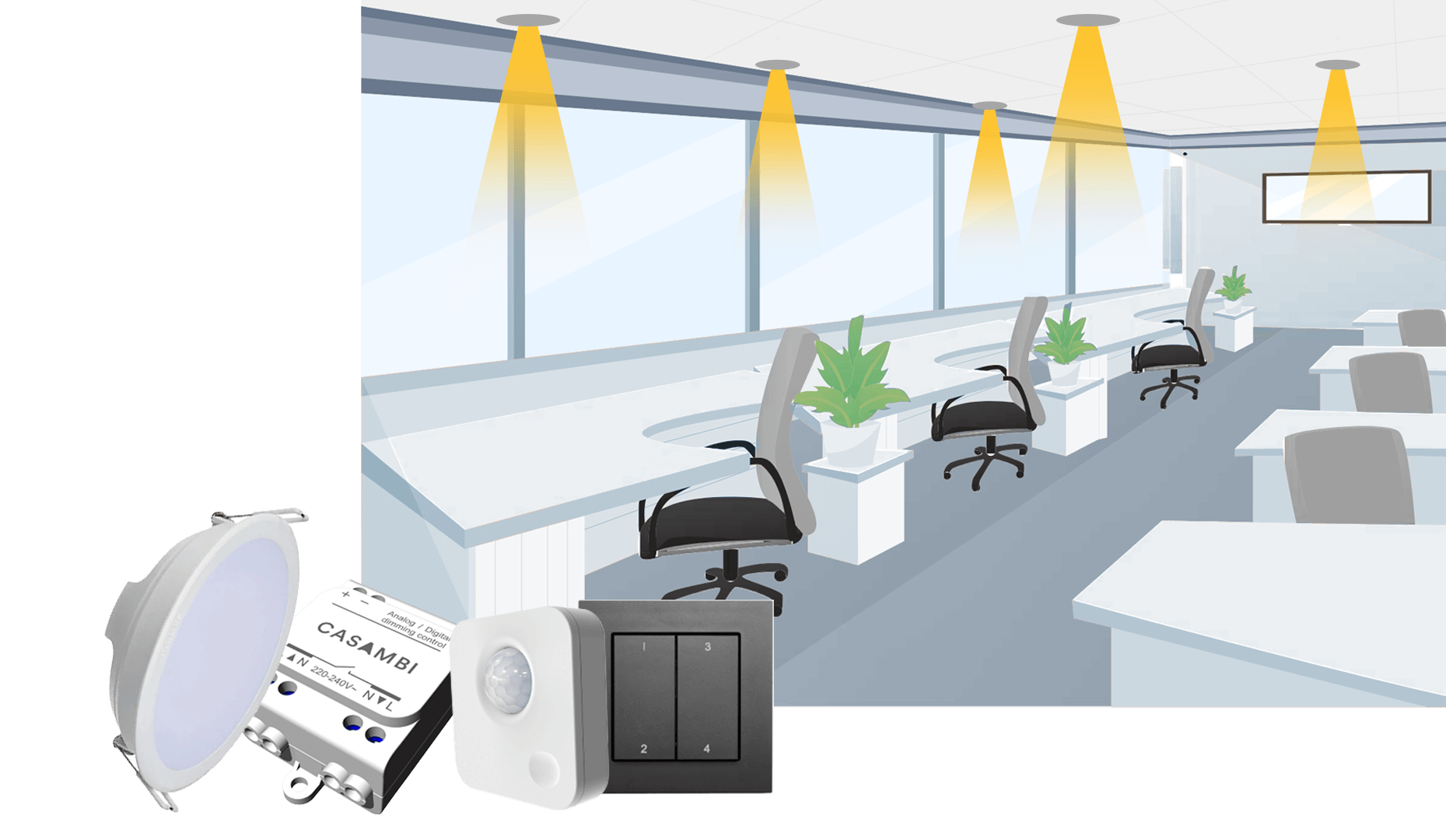
Smart Lighting Basic Architecture

Central Management Software
Gathers data and control all luminaires in a lighting network. Isolated lights can be controlled or grouped together.
Gateway
Controller
Aggregates communication from the light controllers and backhauls data to the Central Management System.
Light
Controller
This is the communication transceiver that controls the driver or the light sensitive module within a luminaire itself.
Communication Protocol
This is the system of rules that allows lights within a network to exchange messages without the need for wired communications.
Benefits of Smart Lighting for Commerical & Industrial Spaces
Smart Lighting Accessories
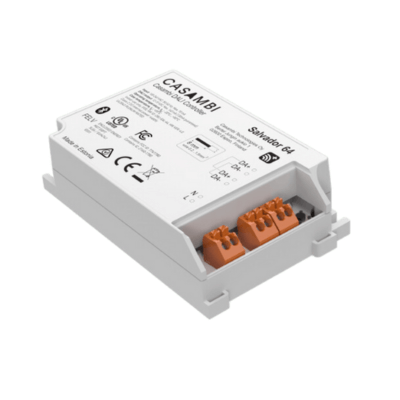
Retrofit Modules
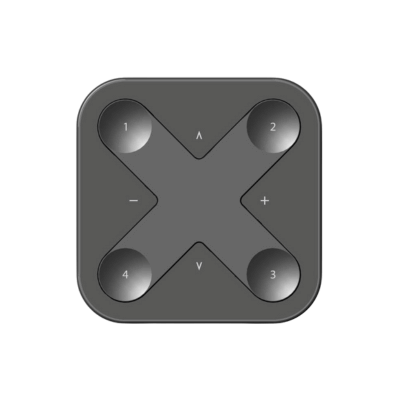
Smart Switches & Controls
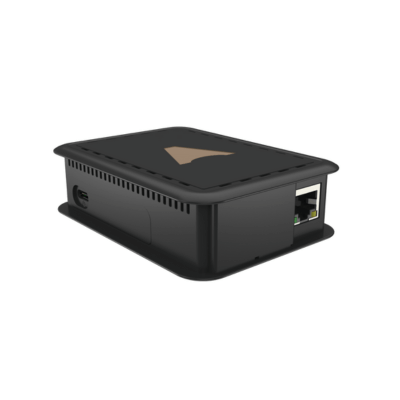
Gateways
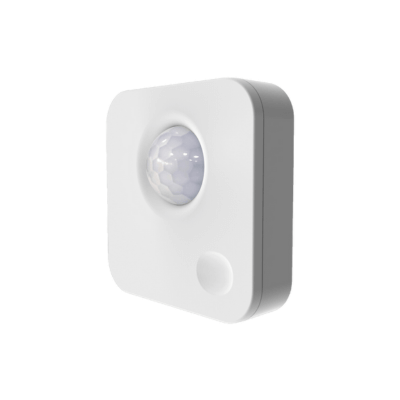
Sensors
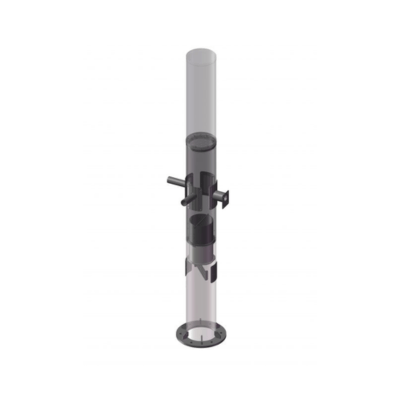
Smart Lighting Pole
Frequently Asked Questions (FAQ)
What is a Smart Lighting System?
A smart lighting system refers to wired and wireless controls over light fixtures for various purposes. A basic smart lighting system starts with a dimmable bulb, a connection module, communications protocol, and a controller. From here, color temperature, brightness, and even hue may be manually set, or pre-programmed with a smart device, such as a wireless control or a mobile phone.
To further build on a smart lighting system, it is possible to introduce sensors including motion sensors or daylight sensors. The smart lighting system becomes reactive to the external environment, automating scenes according to the sensors, timers, or both.
What are the different types of smart lighting systems?
Why should I consider installing a Smart Lighting System?
Smart lighting controls may serve many benefits to owners and occupants.
By installing a smart lighting system that employs energy efficient, dimmable LED lighting and sensors, owners cans save up to 70% on energy costs compared to conventional fluorescent lighting, without disruption of day to day activities.
Giving users more control over their environment can help to increase their satisfaction, comfort and productivity. By giving occupants control of their lighting, there is a perceived increase in control of their environment. Giving users control with a wireless smart lighting system is a way to improve wellbeing & address mental wellness in commercial, office, and industrial settings.
How can a smart lighting system help me achieve my sustainability goals?
Lighting makes up about 20% of a commercial building’s energy usage, which makes it an important area to touch on when discussing energy efficiency and energy savings. Using dimmable leds, timers, or motion sensors, it is possible to reduce lighting consumption onsite, while ensuring operations and functionality remain the same.
Is my facility suitable for a smart lighting system?
Smart lighting control systems are suitable for a wide range of applications including offices, commercial, industrial, and residential. Speak with our smart lighting specialist today to find what smart lighting system may best suit your needs.
What is the potential cost of installing an smart lighting system in Singapore?
The potential cost involved includes the cost of purchasing of light fixtures, smart lighting modules, installation, and switches or controls.
Lim Kim Hai Electric is a trusted supplier of smart lighting brands, and provides a complimentary on-site consultation. We are also offering the light fixtures, installation, system integration, and mainteannce as a one stop solution. We recommend engaging the Smart Lighting Specialist, Mr. Asher Chan, to advise the best solution that would fit your application needs, and therefore advise on the cost.
Can I install smart lighting in a retrofit project?
Yes, smart lighting that is fully wireless solution is actually most suitable for retrofit projects, because they reduce the amount of cable works & manual labor. This is due to the fact that the lighting control modules do not need to be wired back to the central distribution board. If you are looking for a solution that can be implemented quickly with minimal cable works, and offers flexibility and scalability, a wireless smart lighting solution may be the most suitable application for retrofit projects.
Are wireless smart lighting systems as reliable as wired systems?
Wireless systems can be just as reliable as wired systems. Bluetooth Low Energy (BLE) protocols such as Casambi, do not require wifi to perate, and they do not interfere with other bluetooth devices. In addition, Casambi creates a mesh network, meaning that modules communicate with one another via the best possible route, and if one node fails, the other node will carry on communicating around the failed node.



